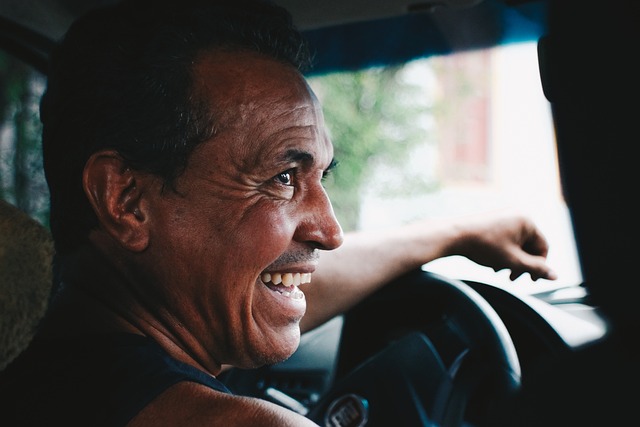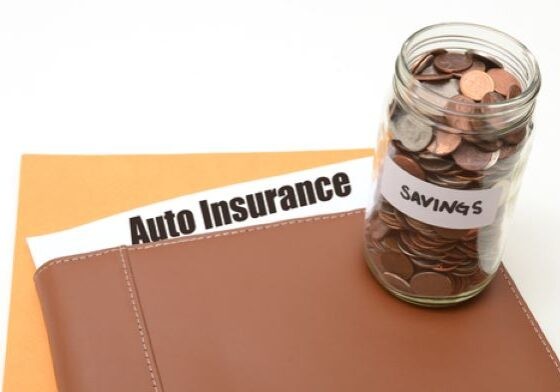As the sun sets and darkness blankets the roads, drivers across the country embark on their journeys, navigating through the vast wilderness that often borders our highways. It’s a serene scene, but as any seasoned driver knows, unexpected encounters with wildlife, particularly deer, can quickly turn a peaceful drive into a heart-pounding experience. The question that lingers in the minds of many motorists is, “Does my insurance cover hitting a deer?” In this blog post, we’ll dive into the complexities of insurance policies, understanding coverage, and what to do if you find yourself face-to-face with a deer on the road.
Understanding Insurance Coverage:
The first step in unraveling the mystery of whether your insurance covers hitting a deer is to understand the different types of coverage. Most insurance policies fall under two main categories: liability coverage and comprehensive coverage.
- Liability Coverage: Liability coverage is the most basic type of car insurance and typically covers damage to others in accidents where you are at fault. Unfortunately, liability coverage does not extend to cover damage to your own vehicle. Therefore, if you collide with a deer, the repair costs for your car may not be covered under liability insurance.
- Comprehensive Coverage: Comprehensive coverage, on the other hand, is designed to cover non-collision incidents. This includes events such as natural disasters, theft, vandalism, and yes, hitting a deer. While comprehensive coverage is optional, many drivers opt for it to safeguard against unexpected incidents beyond their control.
Does My Comprehensive Coverage Include Deer Collisions?
Now that we’ve identified the coverage most likely to address a deer collision, it’s crucial to scrutinize the specifics of your comprehensive coverage. Insurance policies can vary, and the devil is often in the details. Check for clauses and conditions that may affect your coverage in the event of a deer-related incident.
- Deer-Specific Clauses: Some insurance policies may have deer-specific clauses or riders that outline the terms of coverage for collisions with these animals. Review your policy carefully to identify any clauses related to wildlife collisions, ensuring you have a clear understanding of the coverage provided.
- Deductibles and Limits: Additionally, be aware of your policy’s deductibles and limits. Even with comprehensive coverage, you may be responsible for a deductible before your insurance kicks in. Moreover, there could be limits on the amount the insurance company will pay for damages.
What to Do If You Hit a Deer:
Understanding your insurance coverage is only one aspect of dealing with a deer collision. Knowing what steps to take in the aftermath of such an incident is equally important:
- Ensure Safety: First and foremost, prioritize safety. Pull over to a safe location, turn on your hazard lights, and assess the situation. If the deer is still alive, it’s essential to contact local authorities or animal control to handle the situation.
- Document the Scene: Like any other accident, documenting the scene is crucial. Take pictures of the damages to your vehicle, the surroundings, and any relevant road signs or landmarks. This documentation can be invaluable when filing an insurance claim.
- Contact Your Insurance Provider: Once you’ve ensured everyone’s safety and documented the incident, promptly contact your insurance provider to report the collision. Provide them with all the necessary details and follow their guidance on the claims process.
Conclusion:
In the unpredictable world of driving, encounters with wildlife, particularly deer, are not uncommon. Understanding the nuances of your insurance coverage is key to mitigating the financial impact of such incidents. Whether you rely on liability coverage or have opted for comprehensive coverage, thorough comprehension of your policy terms, deductibles, and limits is essential.
As drivers, we share the responsibility of navigating the roads safely, and being prepared for unexpected events, such as hitting a deer, is part of that responsibility. By arming ourselves with knowledge and taking the appropriate steps in the aftermath of such incidents, we can navigate the challenges of the open road with greater confidence and peace of mind.



